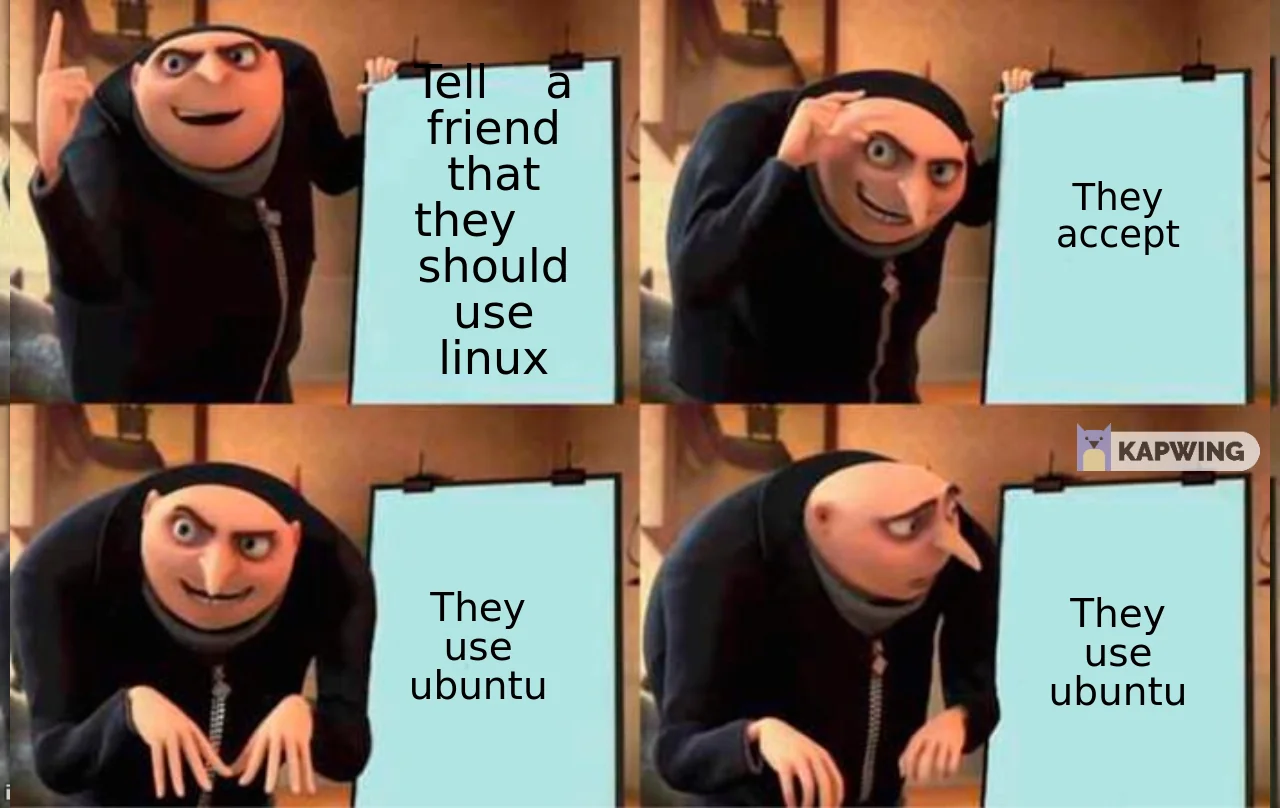Ubuntu 24.04 LTS delivers the latest Linux 6.8 kernel with improved syscall performance, nested KVM support on ppc64el, and access to the newly landed bcachefs filesystem. In addition to upstream improvements, Ubuntu 24.04 LTS has merged low-latency kernel features into the default kernel, reducing kernel task scheduling delays.
Ubuntu 24.04 LTS also enables frame pointers by default on all 64-bit architectures so that performance engineers have ready access to accurate and complete flame graphs as they profile their systems for troubleshooting and optimisation.
Ubuntu 24.04 LTS includes Python 3.12, Ruby 3.2, PHP 8.3 and Go 1.22 with additional focus dedicated to the developer experience for .NET, Java and Rust.
With the introduction of .NET 8, Ubuntu is taking a significant step forward in supporting the .NET community. NET 8 will be fully supported on Ubuntu 24.04 LTS and 22.04 LTS for the entire lifecycle of both releases, enabling developers to upgrade their applications to newer .NET versions prior to upgrading their Ubuntu release. This .NET support has also been extended to the IBM System Z platform.
And at least some people are already ranting at how Ubuntu treats deb support as low priority, in comparison with its [nowadays effectively default] snap format.

What’s wrong with using Ubuntu?
They’re pretty corporate and everyone likes bashing on it. In reality most people use Ubuntu.
I think most people definitely do at some point but I think a lot move on as well. But it’s definitely more popular than these kinds of forums would let you believe.
I definitely like a lot of things about Ubuntu, just disagree with some of Canonical’s choices.
The hate mostly comes from the community that prioritizes free and open source software and being able to control when and how that software updates. If one has those priorities and wants more control over their software, then Ubuntu is not going to be popular. If someone isn’t really aware of the whole idea of FOSS and is just looking for an alternative to Windows, and just picks Ubuntu up and uses it, they’re still likely to find it a perfectly serviceable alternative that they don’t have to spend much time and effort to manage and tinker with to do basic home or office tasks: what most average users use a computer for.
I like Ubuntu
I disagree with Canonical too but in the end if people keep making up their own standards because they don’t like something we’re gonna get nowhere either.

For me personally, I don’t hate Ubuntu but eventually I found it a bit frustrating. IMO they have a habit of picking a thing they think is shiny (eg: Unity Desktop, trying to converge desktop and phones, Mir, currently Snaps) and just going ALL-IN trying to force it to be a thing, regardless of whether people want it or if it makes any sense. Then they keep pushing until it’s almost actually decent, then drop it like a hot potato and chase after some other thing. So for me it always felt like important things were being neglected for the sake of whatever they think is cool at any given moment.



